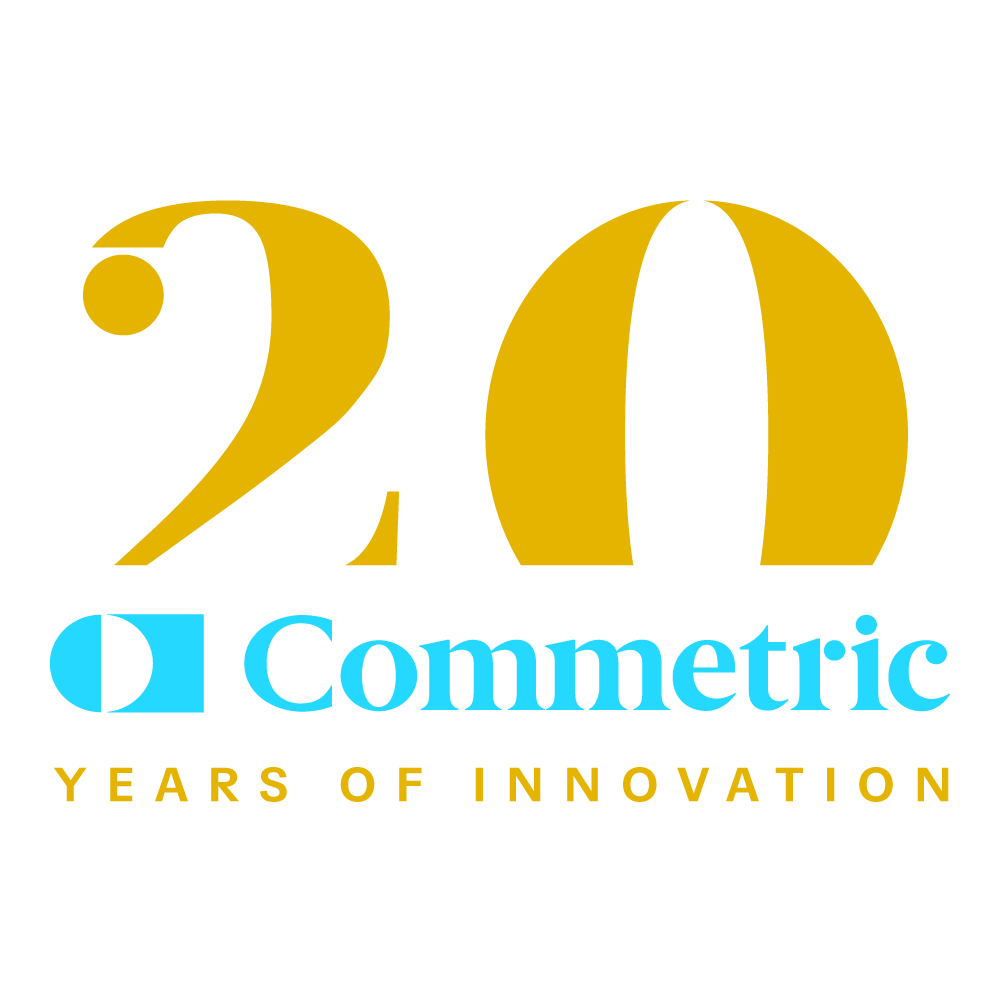- Analysing the mental health debate in specialised healthcare media, we found that online therapy providers Talkspace and Headspace emerged as the most influential organisations, while biotech and pharma companies have been lagging behind.
- We also found that the mental health discourse in mass media has been heavily influenced by discussions surrounding the impact of social media – a debate some mental health companies have entered to promote themselves.
- Meanwhile, management consultancies have become increasingly dominant, while athletes have been the most active influencers.
View a one-page infographic summary of the analysis
While mental health is a topic that is receiving increasing attention in the media, it’s notable that many healthcare brands struggle to strike the right balance in their messaging, often failing to engage audiences in a manner that is empathetic, relatable, and devoid of stigma.
Our 2021 analysis found that the COVID-19 pandemic has exacerbated preexisting mental health challenges, giving a stronger impetus to the debate around depression and anxiety in both healthcare and mass media. We also found that the conversation in health industry outlets was mainly press release-driven, while healthcare companies were largely absent from the mass media, where the mental health debate was primarily driven by influencers, NGOs and government agencies.
Now, two years later and with the pandemic behind our backs, we decided to revisit the topic – just in time for the end of Mental Health Awareness Month. Here’s what we found:
1. Health media is dominated by digital solutions
To see how the mental health debate unfolded in the specialised healthcare media, we analysed 844 English-language articles published in the last 12 months in leading industry publications such as BioSpace, British Medical Journal, Fierce Healthcare and Kaiser Health News.
We found that depression and anxiety were still the two most commonly discussed conditions in the conversation.
This is hardly surprising since these two conditions skyrocketed since the start of the pandemic – the latest research by the World Health Organisation showed the global prevalence of anxiety and depression increased by a massive 25%.
While healthcare media has traditionally focused heavily on clinical trials and research breakthroughs, there’s been a noticeable shift with online and mobile-based therapy providers increasingly dominating the mental health discourse. Companies like Talkspace and Headspace have leveraged the power of digital platforms to provide accessible mental health resources, gaining significant visibility in the process. The reason behind this is their successful adaptation to the evolving landscape of healthcare, where convenience, accessibility, and normalisation of mental health care have become paramount.
Talkspace, a leading player in the digital behavioural health space, has become the most influential company in healthcare media, following its launch of Talkspace Engage – a comprehensive portal designed to equip human resource teams with a suite of digital mental health tools for their employees. This strategic move gained the company significant media attention, as it directly responded to the growing demand for accessible workplace mental health resources, further establishing Talkspace as a proactive innovator in the field.
We determine an organisation’s media impact in the context of a topic by looking at its media influence score calculated in terms of coverage by high-profile media outlets, topic relevancy score measuring its contextual relevance, and media visibility as measured by the number of mentions.
Some traditional health players also used digital solutions to stand out. Pharmacy company CVS Health, for instance, launched virtual care offerings that aimed to reimagine the landscape of therapeutic intervention, while health insurance giant Cigna invested in virtual mental health company Valera Health.
However, some journalists remarked that while therapy delivered online can be effective, the rapid proliferation of the online commercial therapy industry worries some traditional mental health professionals who have raised concerns about aggressive advertising for online services and whether patient care is compromised by inadequate training and pay for therapists. In addition, news reports have detailed questionable prescription protocols.
2. Pharma and biotech still lag behind
In the specialised healthcare media landscape, pharmaceutical and biotech companies often find themselves lagging behind digital players due to several factors. Traditional healthcare public relations strategies often fall short in the realm of mental health – the primary shortfall is that they tend to focus heavily on the clinical aspects of mental health and the promotion of products or therapies.
This approach, while important, often misses the opportunity to connect with audiences on a more personal, human level. In contrast, digital therapy providers have been successful in centring the user’s experience in their communication strategies. They highlight real stories and experiences, create engaging and accessible content, and focus on de-stigmatising mental health care. This strategy, which puts empathy and understanding at the forefront, resonates deeply with audiences and fosters a stronger, more relatable brand image.
Against this backdrop, the most influential biotech in our current analysis was Biogen, which announced that the FDA has accepted its New Drug Application for the drug zuranolone, and granted it priority review status for the treatment of depressive disorders.
Among the pharma giants, Teva Pharmaceuticals gained media exposure for expanding donations of medications for anxiety and depression, while Johnson & Johnson initiated a proactive and inclusive campaign named ‘Depression Looks Like Me’, specifically designed for and by the LGBTQ+ community. In addition to offering relatable stories, the campaign website aims to be a clearinghouse for culturally appropriate information and resources about depression, carefully curated to reflect the experience of the LGBTQ+ community
In our 2021 analysis, the most influential companies were Cybin and Core One Labs, both biotech firms committed to advancing psychedelic medicines. However, it’s noteworthy that these companies have not been prominently featured in our current media sample. The prominence of these companies a few years ago was largely due to the surge of interest in psychedelic medicines as potential treatments for a range of mental health conditions, including depression, PTSD, and anxiety disorders.
Yet, the trend seems to have shifted. Currently, the focus in healthcare media has veered toward digital health solutions, as these technologies have increasingly proved their potential to revolutionise mental health care. Factors driving this shift include the pandemic-induced acceleration of telehealth services, the increasing comfort of consumers with digital platforms, and the potential of these platforms to deliver mental health support more accessibly and cost-effectively.
Some psychedelics-related news still made a blip on the radar, when Small Pharma announced positive top-line results in January from a Phase IIa trial of DMT, the first placebo-controlled efficacy study exploring a short-duration psychedelic for the treatment of major depressive disorder.
3. Mass media focuses on Big Tech’s impact
To see how the mental health debate unfolded in the mass media, we compiled a second research sample of 1,249 English-language articles published during the same period in top outlets like Reuters, the New York Times, Forbes and the Guardian.
We found that the mental health discourse in mass media has been heavily influenced by discussions surrounding the impact of social media, placing the issue at the forefront of public consciousness. Stories often highlight how these platforms may contribute to feelings of anxiety, depression, and social isolation, especially among younger users.
As a result, technology companies have become central figures in the debate, given their roles as the creators and maintainers of these influential platforms – especially TikTok, which emerged as the most influential company in our sample:
TikTok was far from the only social platform to be scrutinised by lawmakers and mental health experts for its impact on teens. Top execs from several companies, including TikTok, have been grilled in Congress on the matter. And in January, Seattle Public Schools sued tech companies like Meta, Alphabet, TikTok, and Snap alleging the platforms have been “causing a youth mental health crisis,” making it hard for the school system “to fulfil its educational mission.”
Some mental health companies have entered this debate – for example, Talkspace and Headspace have notably enhanced their reputations by offering thought leadership on mitigating the negative effects of social media on mental health. These digital health platforms have utilised their unique position at the intersection of technology and healthcare to provide actionable insights and guidance. They’ve generated compelling content in the form of blog posts, webinars, podcasts, and social media campaigns to educate the public about healthy digital habits, self-care strategies, and the importance of mental well-being in the digital age.
4. Management consulting increasingly defines mental health
Just like in our 2021 study, pharma and biotech companies were absent from the list of most impactful companies in the mass media debate around mental health.
In contrast, management consulting firms such as Deloitte, McKinsey, and PwC have emerged as key thought leaders in the mass media conversation – they’ve even become more influential than in our previous media sample. Leveraging their expertise in business strategy and their ability to synthesise complex data, these companies have produced in-depth reports and insightful analyses that illuminate various facets of mental health, from workplace mental health to the economic costs of mental health issues.
Most recently, Deloitte publicised its finding that poor mental health of employees costs Indian employers $14 billion yearly. In the meantime, McKinsey research showed more than half of survey respondents feared stigma if colleagues discovered their mental health problems. At the same time, PwC made a big contribution to Mental Health Awareness Month with a massive $2.4 billion investment dedicated to improving the well-being of its workforce.
Healthcare companies looking to enhance their own standing in the mental health debate can learn much from these consultancies. Key lessons include the importance of producing high-quality, evidence-based research; effectively leveraging networks to disseminate findings and shape the narrative; and demonstrating a genuine commitment to the issue at hand.
5. Athletes drive most headlines
In the mass media discourse around mental health, influencers, particularly from the sports world, have been instrumental in driving coverage – a trend that seems unchanged since our last analysis. High-profile athletes like Naomi Osaka, Venus Williams, and Simone Biles have brought substantial attention to mental health issues, such as depression and anxiety, extending the conversation beyond clinical contexts to include broader emotional states and experiences, such as feeling mentally unprepared for competition.
Naomi Osaka, the highest-paid female athlete in the world, who said she had faced “long bouts of depression” since she won the United States Open in 2018, emerged as the most influential spokesperson in our research sample.
Mental health activism coming from athletes and other celebrities has been well-received, with many of their soundbites (“it’s okay not to be okay”, “your feelings are valid”, “normalise speaking up”) appearing on our stories and feeds.
However, this also presents an opportunity for brands. While healthcare companies have traditionally centred their communication strategies around promoting specific products or therapies, this evolving media landscape presents a chance to collaborate with influencers, to humanise and personalise the subject, making it more relatable and approachable for a wider audience.
This strategy is already being adopted by some brands within the mental health sphere. For instance, Talkspace has partnered with Olympic swimmer Michael Phelps in a campaign aimed at reducing the stigma associated with mental health. Similarly, BetterHelp, a leading online therapy platform, was highlighted in Reuters and The Times following its partnership with Venus Williams for a significant “free therapy giveaway”. Such collaborations are not only beneficial for brands but also contribute to a more open and nuanced dialogue around mental health in the public sphere.

